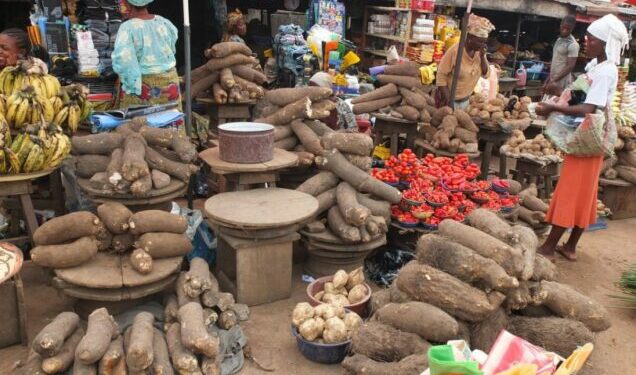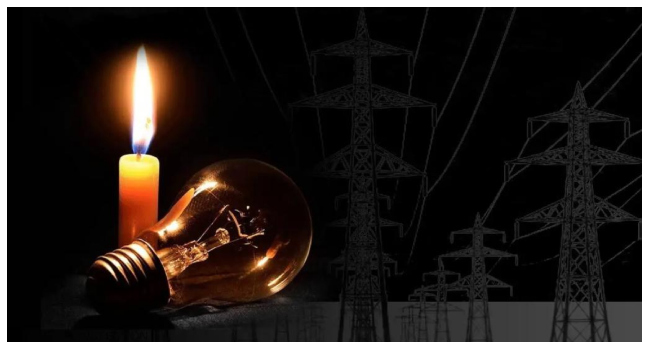
The burden of under-recovery for fuel subsidy cost borne by the Nigeria National Petroleum Corporation, NNPC, Limited, and hence its inability to remit into the federation account, is a major factor worsening the prevailing acute scarcity of the dollar driving the continued depreciation of the naira.
Other factors include increased forex demand for summer travels, exodus of Nigerian students, and activities of politicians buying up dollars in preparation for 2023 general elections, as well as dollar outflow via foreign capital reversals.
The dollar outflow via foreign capital reversals from emerging and developing economies is triggered by interest rate hike by central banks of developed countries in their bid to contain rising inflation.
Furthermore there is rising demand for dollars by Nigerians traveling for summer holidays while the ongoing imbroglio in the educational sector has also triggered exodus of Nigerian students to foreign schools, resulting in additional demand for dollars.
Prior to its transformation to NNPC Limited, the NNPC has the statutory function of remitting oil revenue in dollars into the federation account. This remittance which forms a major part of the nation’s dollar earnings and hence critical source of dollar supply has not been forthcoming due to fuel subsidy payment.
The spike in fuel subsidy aggravated by the Russia/Ukraine war has wiped out the expected contribution of NNPC into the federation account.
The above according to Vanguard investigations accounted for the decline in the nation’s external reserve for most part of the first half of the year, in spite of the sharp rise in the price of crude oil.
Though the price of Nigeria’s Bonny Light crude rose by 66.5 per cent per cent to $126.94 from $76.25 on December 31st, 2021, the external reserves declined steadily to $38.421 billion on June 6th, 2022 from $40.52 billion at the end of December 2021, translating to N2.1 billion or 5.1 per cent.
This downward trend in reserves, according to investigations, was further worsened by a huge dollar facility the apex bank had to extend to the NNPC recently to fund its forex obligations.
Recall that the Senate on Wednesday, resolved to summon the Governor of the Central Bank of Nigeria, Mr. Godwin Emefiele, to educate and inform senators in a closed session on the reasons for the rapid depreciation of the value of the naira. This follows the continuous depreciation of the naira which worsened to N710 per dollar on Wednesday July 27th from N615 per dollar on June 30th.
But a senior banking industry source, who spoke to Vanguard on condition of anonymity said: “There are four sources through which Nigeria earns foreign exchange namely proceeds from oil exports, proceeds from non-oil exports, diaspora remittances, and foreign Direct/Portfolio Investments (capital flows).
“The past six years have been characterized by two recessions, triggered by a slowdown in the global economy as well as the effects of COVID-19. These were also further accentuated by sharp declines in the prices of crude oil, the major source of Nigeria’s foreign exchange.
“Considering Nigeria’s heavy dependence on oil exports for foreign exchange earnings and government revenue, the impact of the oil market crash severely affected the government’s naira revenue and other macroeconomic aggregates including economic growth. Hence, the rate of exchange between the naira and other currencies has widened over the past few years.”
Dismissing claims that the persistent depreciation of the naira is due to impact of cryptocurrencies, the source averred that “the current exchange rate of the Naira, like other major currencies, is not driven by cryptocurrencies, given the volatility in the cryptocurrency space, which lost over two trillion in the past two years in face of high inflation.
Explaining factors driving the persistent naira depreciation, the sources stressed that it is important for people to understand that the CBN issues legal tender in Nigeria (Naira) and does not print foreign exchange, and the pressure on the Naira has both local and global perspectives”.
“There is unabating demand for foreign exchange for both goods and services, thereby creating a demand challenge.
“Domestically, there has been zero dollar remittance to the country’s Foreign Reserve by the Nigerian National Petroleum Corporation, NNPC.
“High inflation in other climes and the hike in interest rates has heightened pressures on Nigeria’s exchange rate. This has triggered capital flow reversals from Emerging Markets and Developing Economies (EMDEs) to more advanced economies
In Nigeria, which is also an OPEC member state, the Federal Government has maintained a controlled price of N175 per litre through the payment of fuel subsidy.
The retention of the pump price of N165 per litre which is far below the landing cost of petrol is all in a bid to cushion the negative impact of global energy crisis on the cost of living on Nigerians.


